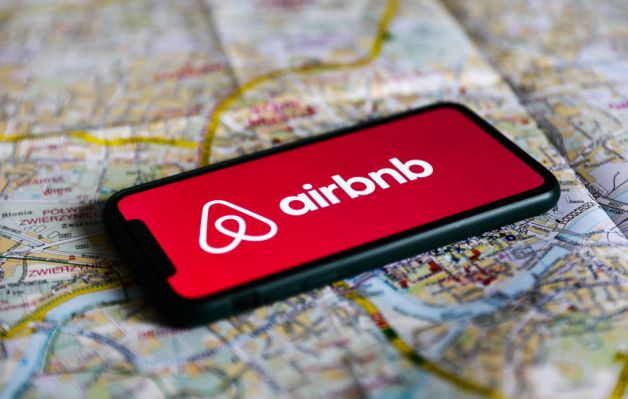[ad_1]

After permanently banning parties and events on all Airbnb listings in June, the company is hardening its anti-party stance by launching new screening tools in the U.S. and Canada.
The firm’s “anti-party” tech is an algorithm to identify potential rule-breakers by looking at signals like the history of positive reviews, how long the user has been on the platform, length of the trip, distance to the listing, and weekday vs. weekend booking.
Airbnb said the tech is designed to prevent bookings that may turn into unauthorized parties. For example, it will prevent potential rule-breakers from booking an entire property, instead presenting them with options for booking a single room on listings where hosts are physically present on the site, making it more difficult for guests to start a party without permission. This new technology represents an extension of the company’s existing under-25 system, which prevents people under the age of 25 with less than three positive reviews from booking whole properties.
The company said that it has been testing the party-preventing algorithm in Australia since last year, with positive results.
“A similar variation of this system has been piloted in Australia since October 2021, where it’s been very effective,” Airbnb wrote in a blog post. “We have seen a 35% drop in incidents of unauthorized parties in the areas of Australia where this pilot has been in effect.”
In 2019, after several people were killed at different parties hosted at Airbnb properties, the company banned party-houses — properties that were listed to just host events — and introduced a neighborhood helpline to report noisy and disruptive parties. In August 2020, the company introduced an indefinite no-party policy during the COVID-19 pandemic.
A survey published by smart home company Vivint last month suggested one in five renters contravened the no-party rule, despite Airbnb’s attempts to curb such events.
At its Q2 2022 earnings, Airbnb said it registered a record number of reservations during the quarter with 103 million nights booked, while it also said that it expects to achieve record revenue figures despite the economic downturn. This is despite growing consternation from consumers over the past few years, with complaints over higher cleaning fees and other hidden charges, making Airbnb bookings costlier than they first appear.
The company meekly defended these charges last year, saying it provides transparency about fees when users are booking a property. It added that it provides tips to property owners to keep cleaning fees reasonable, but doesn’t enforce any strict rules about it.
A report published by the Globe and Mail suggested Airbnb booking prices were similar to hotel charges per night in Toronto. Data collected by Nerdwallet in June for 1,000 U.S. rental properties on Airbnb noted that 34% of listings had a clearing fee in the 20-30% range of the base fee.
[ad_2]
Source link
